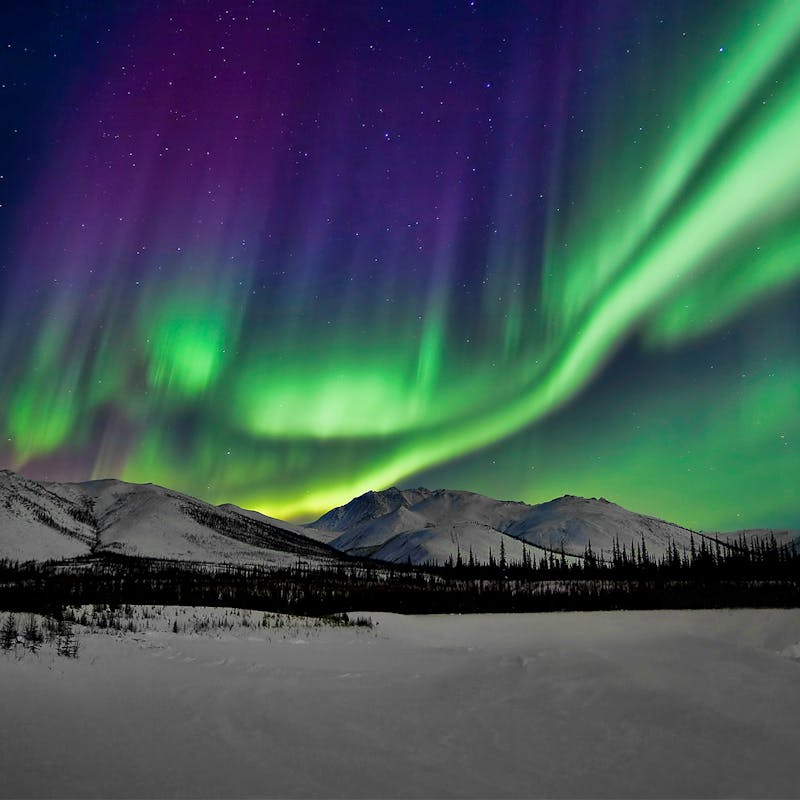The National Park Service released new regulations that restore protections for predators on national preserves in Alaska. This is a reversal of a Trump administration rule that deferred to state hunting regulations in preserves, even those designed to reduce predator populations.
“The 2020 rule was an unconscionable abdication of responsibility by the Park Service,” said Nicole Whittington-Evans, senior director of Alaska programs for Defenders of Wildlife. “This rule reconfirms that managing predators to scarcity in the name of boosting ungulate populations is inconsistent with the Park Service’s mission to conserve natural wildlife fluctuations, abundances and behaviors.”
The new rule specifically prohibits bear baiting in Alaska’s national preserves, especially due to public safety concerns. More broadly it reconfirms long-standing agency policy that “actions intended to reduce predator species, whether effective or not, are not allowed on lands managed by the NPS.”
For over 75 years, Defenders of Wildlife has remained dedicated to protecting all native animals and plants in their natural communities. With a nationwide network of nearly 2.1 million members and supporters, Defenders of Wildlife is a leading advocate for innovative solutions to safeguard our wildlife for generations to come. To learn more, please visit https://defenders.org/newsroom or follow us on X @Defenders.
Media Contact
News

Defenders Calls on Service to Pull Out from Habitat-Degrading Land Swap





